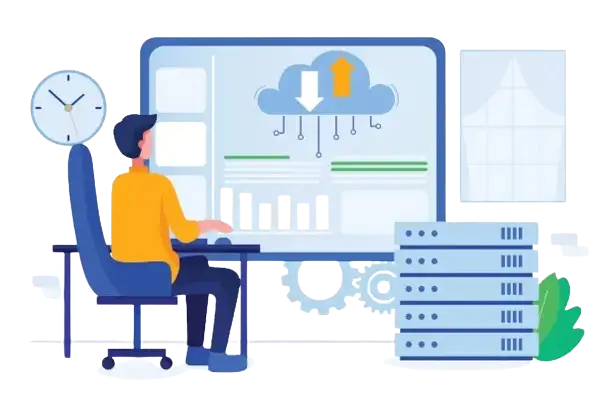In this module, you’ll learn how to process, store, and organize data in an efficient way. You’ll see how to structure data through normalization and present your data with views. Finally, you’ll learn how to manage your database and all of this will be done on a variety of datasets from book sales, car rentals, to music reviews.
In this module, students will learn the basic level of TSQL programming on MS SQL Server. Students learn basic DDL, DML, and DQL scripting. Additionally, students will be exposed to and gain an understanding of Joins, Sub-Queries. Set-Operators, and various other functions. Furthermore, students will learn a basic level of understanding of (and be able to manipulate and mange) multiple database objects such as tables, views, stored procedures, user defined functions, triggers, indexes, and cursors.
In this module, students will learn about advanced techniques in T SQL programming. Students will understand how procedural objects are created, used, and maintained. Students will learn how data is stored in databases and develop strategies to create indexes for optimizing query performance. Students will be able to code scripts and procedures using multiple Error Handling techniques and Isolation Levels. Additionally, students will be exposed to multiple optimization techniques and execution plans.
This module covers installing, configuring, and troubleshooting SQL server services. Additionally, students shall solve database-related incidents and requests, fulfilling requests, and resolving incidents within SLAs. Students shall review service-related reports (database backups, maintenance, monitoring), manage security, logins, users, and roles. Furthermore, students will perform performance tuning and query optimization, utilizing Performance Monitor, SQL Profiler, and other related monitoring/troubleshooting tools.

























